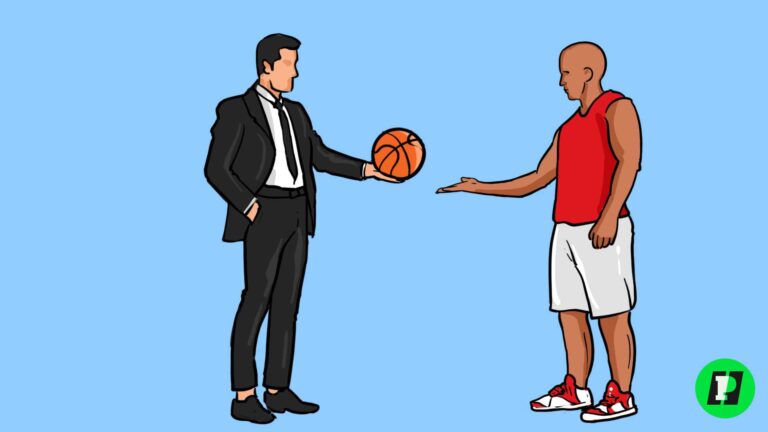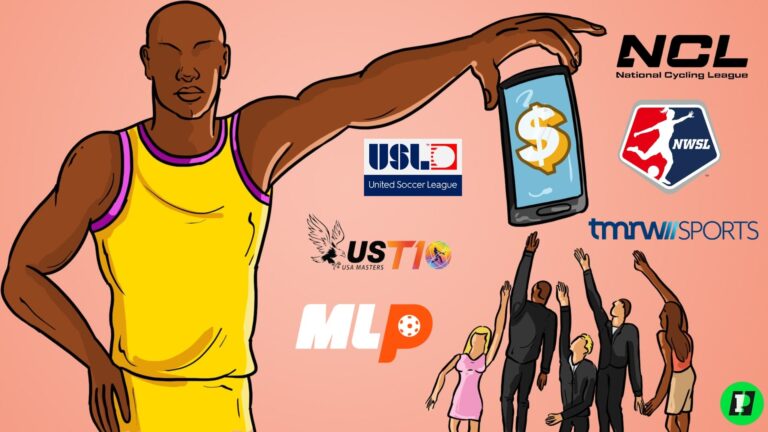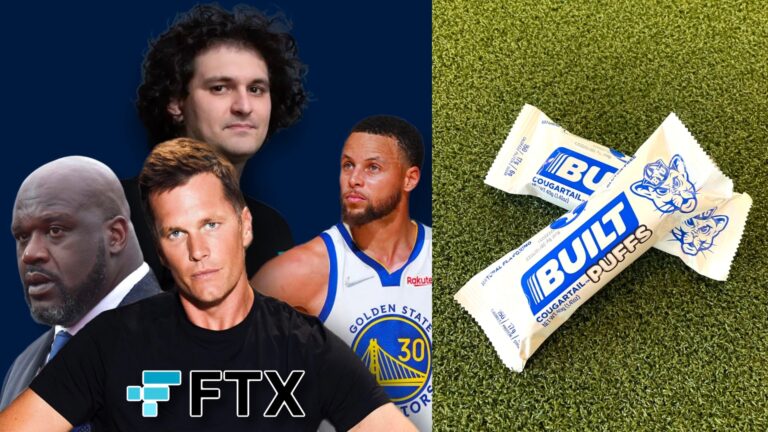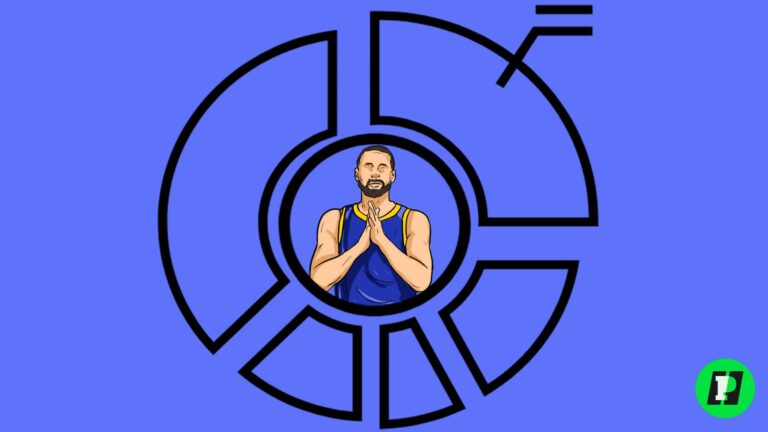Ray Lewis spent nearly two decades in the NFL and was able to see firsthand how bad investments can ruin a player’s finances.
The former Baltimore Ravens linebacker now focuses on long-term financial stability and teaching future athletes the skills that will help them avoid becoming another cautionary tale.
Lewis was able to earn more than $95 million during his 17-year career, which included two Super Bowl victories, two NFL Defensive Player Of The Year awards, and 13 Pro Bowl appearances.
This level of financial success in the NFL is uncommon, as guaranteed contracts are very rare and salary caps limit even the most talented players’ earning potential.
Average NFL careers last less than three seasons. While average career earnings after taxes are around $4 million, most players make far less.
It is important to manage your money well so that it lasts. Lewis stated that many young athletes succumb to the lure of expensive cars and large mansions without realizing that they have long-term financial consequences.
Nobody is signing a $20,000,000 contract. Lewis said that some men are coming in with a signing bonus of $2 million. If you break it down, you could walk away with $1.4 million at a 39.5% tax bracket.
Now you need to manage that. But before you do that, you must pay back all your expenses. It shocks people to learn that they have already racked up $250,000 in charges.
Lewis continues to be active in charity work and new ventures even after his retirement.
Apart from a brief stint as an ESPN analyst and a stint as a New York Times bestseller author, Lewis serves as an advisor for YieldStreet which connects accredited investors with potential asset-based investment opportunities.
Lewis is not only an investor in YieldStreet but also appears in company promotional campaigns. FOXBusiness.com representatives confirmed that Lewis holds a YieldStreet stake and is not paid to endorse the company’s products.
YieldStreet was founded in 2015 and recently closed a seed round in the amount of $3.7 million.
It claims it has already paid $7 million in principal, interest and other income to its clients. Each deal requires a minimum investment of $5,000 and has a target yield between 8% to 20%.
Qualified users may invest in a $200,000 loan to an unnamed NBA player. This loan is secured by the player’s $2 million contract.
Lewis stated that the idea of having direct control over individual investment decisions “resonated immediately with me.” Lewis was among 16 NFL players to sue BT&T Bank in 2013. He claimed that the bank had allowed a disgraced financial adviser to make millions of dollars in unauthorized investments.
According to the 41-year-old, athletes can be so focused on their playing careers that financial advisors are trusted blindly with their money without understanding how it is being invested.
Lewis stated, “We enter it and we’re 100% focused on being in form, making it to training camps, getting a top position, all these things.”
We do receive a signing bonus of more than 20 million dollars. What’s the first thing that you do? You hand over a check for 20 million dollars to someone you trust. Once he begins to break it down and does whatever he wants with it, you lose control of your money.
Ray Lewis was not always so focused on money management. He acknowledges his early mistakes in managing money, including wasteful spending by his associates, and a lack of knowledge about his investments.
This led him to reevaluate his approach when it came to business ventures.
He encourages young athletes to be careful with their money. This applies to both short-term and long-term investments. Because even small purchases can quickly add up, no transaction is too small to be re-examined.
Lewis stated, “These young men coming into the game when I sit them down, they leave me with wide mouths.” “They realize that I’m in trouble.
Mismanaged money can lead to financial ruin after retirement for athletes who have mismanaged their money throughout their playing career. Players who don’t focus on new revenue streams and investments quickly run out of money.
Lewis stated, “Realistically speaking, unless your own entrepreneur thing is going, unless there are the right investments, and unless there are the right people around, it’s extremely difficult to come back and maintain that lifestyle.” Ex-athletes go bankrupt because of this.”









